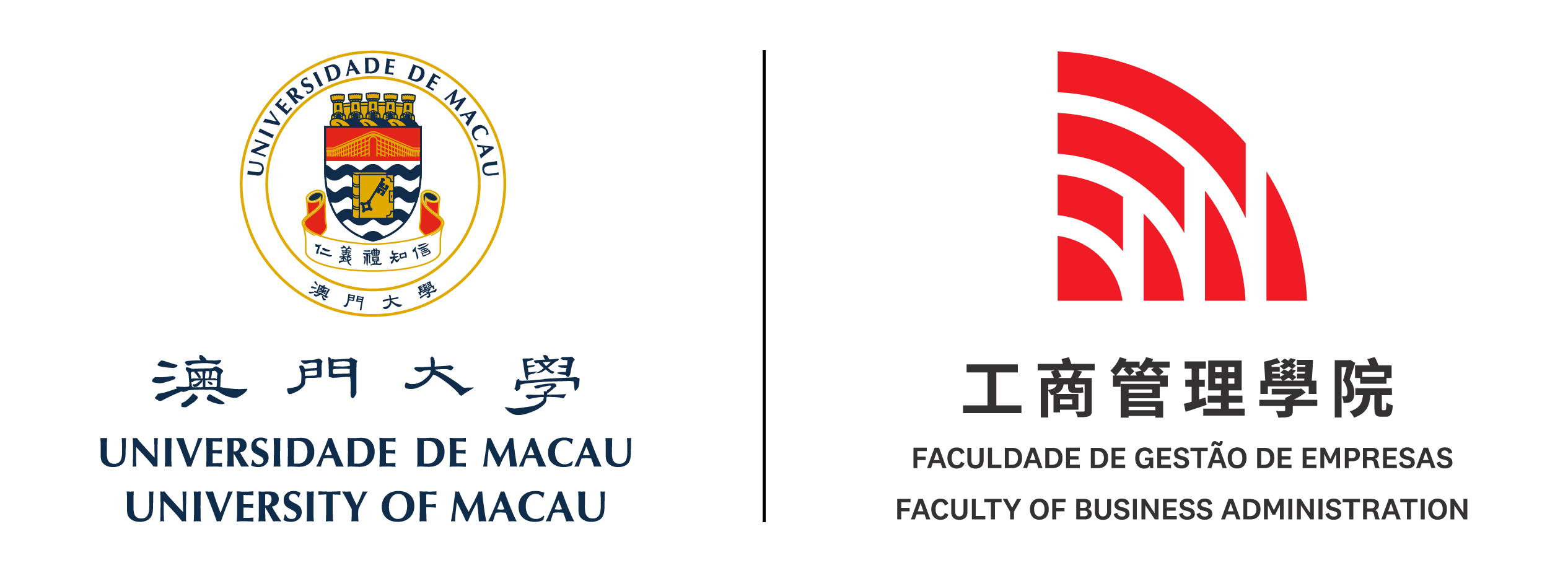At 10:30am on July 16, 2013 at The University of Macau (UM), the Social Welfare Bureau, the Gaming Inspection and Coordination Bureau and the Institute for the Study of Commercial Gaming, today (16 July) called a press conference on the Responsible Gambling Information Kiosk (Pilot Test) Evaluation Report. The purpose of the conference was to announce the results of the first-phase pilot test of kiosk assessment for a period of three and a half months (from 17 December 2012 to 31 March 2013). Mr. Hon Wai, head of the Division of Treatment and Social Rehabilitation for Drug Dependence Division at the Social Welfare Bureau; Ms. Chan Ioc Sut, head of the Division of Research and Investigation Department at the Gaming Inspection and Coordination Bureau; and Prof. Fong Ka Chio, director of the Institute for the Study of Commercial Gaming at UM; along with representatives of major gaming operators as well as non-government organisations attended the press conference.
The launch of the Responsible Gambling Information Kiosk is part of a series of initiatives aimed at promoting responsible gambling. The purposes of setting up the kiosks are to provide Macao residents and tourists with a convenient platform to access comprehensive information about responsible gambling, as well as to increase their understanding of responsible gambling. The kiosks mainly provide interactive and static contents which are games and prize quizzes. In addition to the kiosks, there are Responsible Gambling Ambassadors to help promote the kiosks. Organisers expressed gratitude for the support and cooperation from Sociedade de Jogos de Macau, S. A., Wynn Resorts (Macau), S. A., MGM Macau, Venetian Macau Limited, Melco Crown Entertainment and Galaxy Entertainment Group. The effectiveness of the kiosks has been assessed from the following three angles:
1) Kiosk usage – Primarily captured through server log, most popular content by hits, the peak hour and location in using the Kiosk.
2) Satisfaction level of the kiosk users – To identify whether the presence of ambassadors affects the satisfaction level of the kiosks, as well as the satisfaction level of the ambassadors’ service. This survey successfully collected a total of 216 valid questionnaires.
3) Professionalism of the ambassadors –Mystery customers were randomly sent by researchers to ask ambassadors specific questions and to conduct behavioral tests in order to evaluate their understanding of the kiosks, their promotional effort and service attitude.
From 17 December 2012 to 31 March 2013, the six kiosks recorded a total number of 6,435 login times, among which more than 60 per cent were logged in by tourists. Three were installed at casino entrances, while the other three were located in the gambling zones. It was found that the three kiosks located in the gambling zones together accounted for a higher usage frequency. It was also found that the kiosks had the highest usage frequency between 2:00pm and 10:00pm. The peak hours of usage were from 6:00pm to 8:00pm. As for static contents, the information in Understanding Gambling drew a higher view rate; users showed a preference to play the interactive part of the prize quizzes. In addition, the kiosks recorded a total of 270 gambling addiction assessment requests, and 60.4 per cent showed that the user was likely to have symptom(s) of pathological gambling behaviour.
The majority of the respondents of this survey were female, aged between 21 and 29, held a college degree or above, and came from mainland China. Users accessed the kiosks mainly because they found the kiosks attractive and also because ambassadors promoted the use of the kiosks. Respondents generally felt positive about the kiosks, and they generally agreed with the contents of the kiosk, saying that the kiosks raised their interest to know more about responsible gambling, as well as enhanced their understanding of this concept. They were also generally satisfied with the assistance provided by the ambassadors, in particular with the ambassadors’ polite attitude and their promptness in providing solutions to the problems they encountered. Furthermore, there was a higher number of logins when there was an ambassador on site to promote the kiosks—they were not only willing to access the kiosks again but would also like to recommend the kiosks to their family and friends. Nevertheless, respondents with prior knowledge of responsible gambling seemed to show a higher degree of satisfaction with the kiosks, in that they particularly agreed that the kiosk was rich in content; the information on the kiosk was easy to understand; and the information on the kiosk was attractive and interesting.
The results of the Assessment of the Professional Standard of the Ambassadors showed that the ambassadors reached an acceptable level in all professional standard indicators (including the adequacy of their knowledge of the kiosks, their skillfulness in operating the kiosks, their problem-solving ability, etc.). The data showed that the ambassadors gained recognition from both mystery customers and real users.
Prof. Davis Fong Ka Chio indicated that the first-phase pilot test of the kiosks is accomplished, and the users and casinos are generally satisfied with the results. The kiosks played the role as a supplementary teaching material about responsible gambling. The organszers will prepare the second-phase pilot test of the kiosks during the next half of the year. Not only will the second-phase test be based on the data of the first-phase pilot test to improve the content and function of the kiosks, but it will also increase the relevant information about horse racing, greyhound racing and sport lottery. Moreover, kiosks will be upgraded to include some new functions to increase its practicality such as self-exclusion applications and help hotlines for future usage and promotion.


